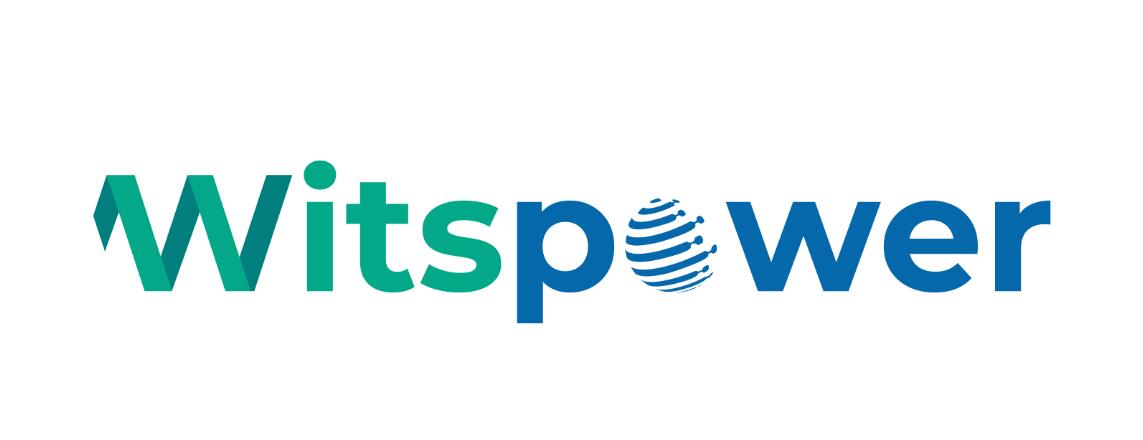In recent years, the significance of glutathione—a powerful antioxidant—has garnered increasing attention in the realm of brain health. Glutathione, composed of three amino acids: glutamine, cysteine, and glycine, plays a crucial role in protecting the brain from oxidative stress, a process linked to neurodegenerative diseases such as Alzheimer’s and Parkinson’s. This state-of-the-art antioxidant is pivotal for maintaining optimal cognitive functions, detoxifying harmful substances, and modulating inflammatory responses.
Oxidative stress arises when there is an imbalance between free radicals and antioxidants in the body, leading to cellular damage. In the brain, excessive oxidative stress can impair neuronal function, accelerate aging, and exacerbate conditions such as depression, anxiety, and cognitive decline. Glutathione works by neutralizing free radicals, thus safeguarding brain cells from potential harm. This mechanism not only supports overall cognitive function but also promotes mental clarity and emotional well-being.
Furthermore, emerging research indicates that adequate levels of glutathione may enhance mitochondrial function, critical for energy production in brain cells. As mitochondria are often referred to as the powerhouses of cells, maintaining their health is essential for sustaining cognitive processes, mood regulation, and memory consolidation. Importantly, glutathione's role in reducing neuroinflammation highlights its potential in clinical settings, offering hope for individuals at risk for or experiencing neurodegenerative disorders.
Moreover, the body’s natural production of glutathione can decline due to various factors such as aging, poor diet, stress, and environmental toxins. Consequently, maintaining or boosting glutathione levels has become a focal point for both preventive and therapeutic strategies. Supplements like liposomal glutathione or precursors like N-acetylcysteine (NAC) have been studied for their potential to enhance glutathione levels and mitigate oxidative damage to brain cells.
In light of this growing body of evidence, consulting healthcare professionals for tailored advice regarding glutathione supplementation is vital. Expertise in nutrition, neurobiology, and pharmacology can aid in understanding how best to incorporate glutathione into a holistic approach to brain health. As we continue to explore the complexities of human health, recognizing the multifaceted role of glutathione in brain function becomes paramount in fostering a future of enhanced cognitive longevity and overall wellness.
